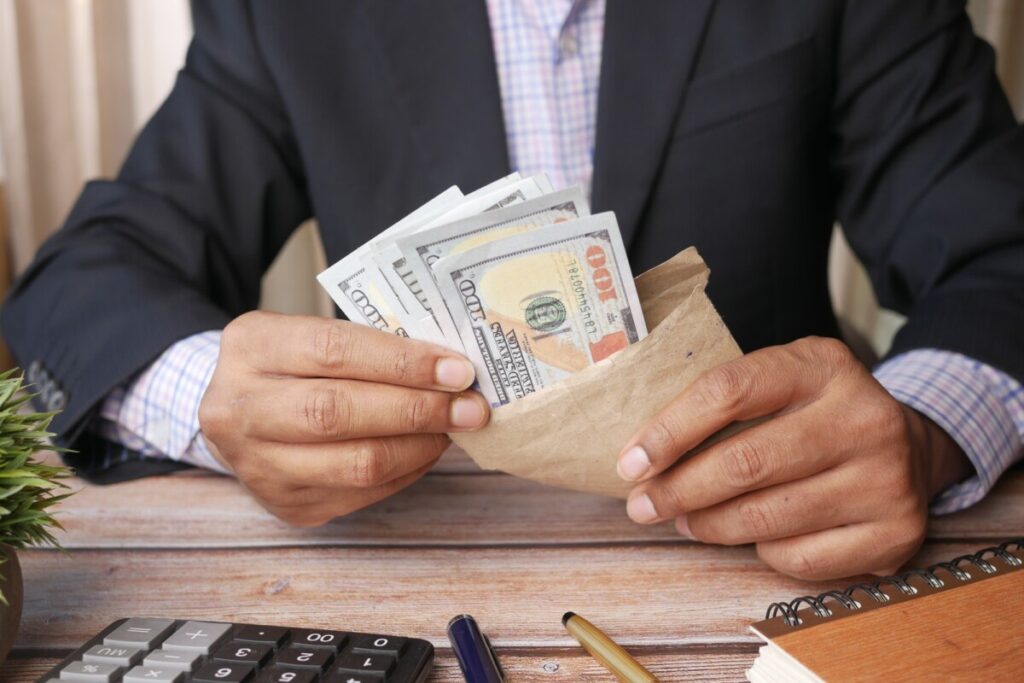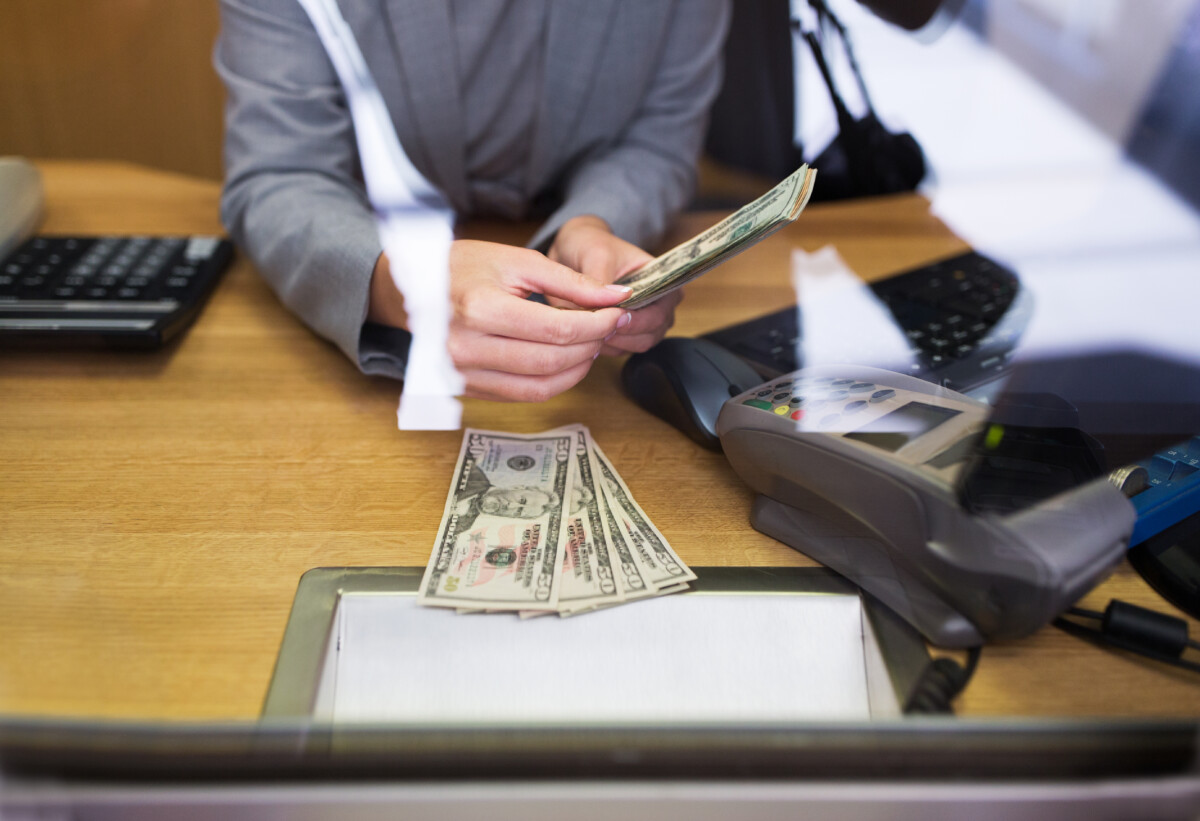The Trusted Choice for Cash Loans
Request Your Cash Advance or Personal Loan Now
The Trusted Choice for Cash Loans
Submit your information today!
Get lender-approved in as fast as 5 min!
Receive a decision as soon as the next business day!
Fast Funding
Get money as soon as the next business day



Payment Grace Periods Explained: How They Work
Payment Grace Periods Explained
Everyone makes payments—on loans, credit cards, or bills. But sometimes, people miss payment dates. Life happens. You may be short on money or just forget. That’s where grace periods come in. A grace period gives you extra time to pay without being charged a fee or penalty.
In this article, you’ll learn what a payment grace period is, how it works, and how it affects your money and credit. We’ll explain everything using simple words and short sentences. Let’s get started.
Looking for fast and reliable personal loans? Visit ExpressCash to get started today!
What Is a Payment Grace Period?
A grace period is extra time given after your due date. It lets you make a payment without penalty.
For example:
Your loan payment is due on the 1st. But your lender gives you a 10-day grace period. That means you can pay by the 11th without late fees.
This extra time is a benefit. But it doesn’t last forever. If you miss the grace period too, you may face fees or credit damage.
Why Do Lenders Offer Grace Periods?
Lenders know life is busy. Sometimes you forget or face money trouble. So they give a short window to help you catch up.
They also want to keep good customers. A grace period shows they’re flexible and fair.
Where Are Grace Periods Common?
Grace periods are common for:
-
Credit cards
-
Personal loans
-
Student loans
-
Car loans
-
Mortgages
-
Utility bills
-
Insurance payments
Each company sets its own grace period rules.
How Long Is a Grace Period?
It depends on the lender or service. Here are some examples:
-
Credit cards: 21 to 25 days
-
Loans: 5 to 15 days
-
Insurance: 10 to 30 days
-
Utilities: 5 to 10 days
Always check your agreement or bill. It will mention the grace period.
Need cash for unexpected expenses? ExpressCash offers quick and easy personal loans tailored to your needs.
How Does a Grace Period Work?
Let’s break it down with an example.
You have a personal loan.
-
Payment due: April 1
-
Grace period: 10 days
If you pay:
-
On or before April 10: No penalty
-
After April 10: Late fee and maybe interest
The grace period protects you from being charged—but only for a short time.
Also Read: Loan Repayment Strategies That Help You Save Money
Important: Not All Payments Have Grace Periods
Some lenders don’t offer grace periods. If your contract doesn’t mention one, your payment is due on the date shown. Paying even one day late may result in fees.
Types of Grace Periods
Let’s look at the different types.
1. Loan Grace Periods
This is the time after your due date when no late fee is charged.
Example:
Your EMI is due on the 5th. The grace period is 7 days. You can pay until the 12th without any fee.
But if you go beyond that, you’ll face:
-
Extra interest
-
Credit score drop
2. Credit Card Grace Periods
Credit cards work differently. The grace period is the time between your statement date and your payment due date.
If you pay the full balance by the due date, you pay no interest on purchases.
But if you don’t pay in full, interest starts from the day you made the purchase.
Grace periods apply only when:
-
You had no balance from the last month
-
You pay your current balance in full
3. Insurance Grace Periods
Many insurance policies have a 30-day grace period. If you don’t pay your premium on time, you can still pay within the grace period and keep your coverage.
But if the grace period ends, your policy may lapse. That means you lose coverage.
4. Student Loan Grace Periods
Some student loans give you a grace period after you graduate. You don’t have to start paying right away.
Example: You get a 6-month grace period after finishing school. This gives you time to find a job and start earning.
What Happens If You Miss the Grace Period?
If you pay after the grace period, the consequences can be serious.
1. Late Payment Fees
Lenders charge a fixed fee. It may be $25, $35, or more. This adds to your cost.
2. Interest Charges
For credit cards, interest starts from the purchase date if you don’t pay in full. For loans, missing a payment may add daily interest.
3. Credit Score Drop
Late payments get reported to credit bureaus. This can lower your score and affect your future loans.
4. Loan Default Risk
If you keep missing payments, the loan may go into default. That’s serious. You may face legal action or collection calls.
Do Grace Periods Affect Your Credit Score?
Usually, no, if you pay within the grace period.
Lenders report late payments only if you’re 30+ days late. So if you pay during the grace period, it doesn’t harm your credit score.
But don’t risk it. Always pay on time if you can.
How to Find Out Your Grace Period
Every lender is different. To know your grace period:
-
Check your loan or credit card agreement
-
Look at your monthly statement
-
Call your lender or customer service
-
Check your online account
If you’re unsure, ask. It’s better to know than guess.
Can You Use the Grace Period Every Month?
It depends on the type of payment.
-
Credit Cards: You can use it every month—only if you pay your full balance on time.
-
Loans: It’s not meant to be used monthly. It’s a safety net, not a payment plan.
Try to pay before the due date. Don’t rely on the grace period every time.
Benefits of Grace Periods
Grace periods are helpful. Here’s why:
-
Give you more time to pay
-
Help avoid late fees
-
Offer financial breathing room
-
Don’t hurt your credit if used right
-
Can save you money
Risks of Relying on Grace Periods
Grace periods sound good. But they can backfire.
-
You may forget the final date
-
You may get used to paying late
-
One delay can snowball into more debt
-
Late payments hurt credit
-
You may lose benefits from your lender
Use them wisely, not as a habit.
Tips to Use Grace Periods Smartly
1. Set Reminders
Use your phone or calendar to remind you of due dates and grace periods.
2. Know Your Terms
Read your loan or card agreement. Understand your rights and limits.
3. Don’t Wait Till the Last Day
Try to pay a few days before the end of the grace period. This gives you a buffer in case something goes wrong.
4. Talk to Your Lender
If you’re struggling to pay, ask for help. Some lenders offer extended grace or hardship programs.
5. Keep an Emergency Fund
Saving even a little money each month can help you pay on time.
FAQs About Payment Grace Periods
1. What is a payment grace period?
It’s extra time after your due date when you can still pay without a late fee.
2. Do all loans have grace periods?
No. Some do, some don’t. Always check your agreement.
3. Will a late payment show up on my credit report?
Only if it’s over 30 days late. Paying during the grace period doesn’t affect your score.
4. Can I still earn rewards or benefits during the grace period?
Usually yes, but check with your card or lender to be sure.
5. What happens if I miss the grace period?
You may be charged a late fee and interest. Your credit score may also drop.
6. Is the grace period the same every month?
It may be. But some lenders can change it. Check regularly.
7. Can I ask for a longer grace period?
Yes, in some cases. Call your lender and explain your situation.
8. Does refinancing affect my grace period?
Yes. A new loan may have different terms. Always ask when refinancing.
9. Can grace periods be removed?
Lenders can change terms. If you abuse the grace period, they might not offer it again.
10. Do utility bills have grace periods?
Some do, especially for electricity, water, and internet. But always check your bill.
Real-Life Example: Mark’s Grace Period Mistake
Mark had a loan with a 10-day grace period. His payment was due on May 1, but he paid on May 15.
He thought the grace period was for 15 days. But it was only 10. He was charged a $35 late fee and lost his on-time payment discount.
Now Mark sets reminders and pays early.
Conclusion
A grace period is a helpful tool. It gives you a little extra time to pay without hurting your wallet or credit score. But it’s not a license to always pay late. Use it as a backup—not a routine.
Understand your lender’s rules. Know your due dates. Pay early when you can. And if you’re in trouble, talk to your lender.
At ExpressCash, we want you to succeed. We encourage smart financial habits, like knowing how grace periods work. Use them wisely, and you’ll stay in control of your money.
Don’t wait! Apply for a personal loan through ExpressCash and get the funds you need fast.
🔗Explore our website, AdvanceCash, to apply for a loan, or contact our customer service team today to learn more about how we can assist you.








